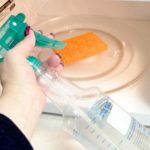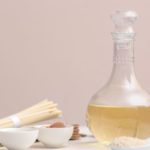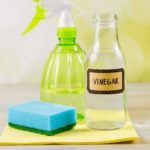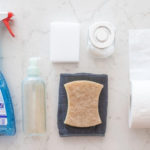When it comes to washing dishes, it’s important to avoid careless mistakes that can compromise your family’s health. Here are some common mistakes to watch out for:
1. Using too much dish soap
Using more dish soap than necessary makes it difficult to completely clean your dishes. Leftover soap residue can contaminate the food you consume. Follow the recommended amount by the manufacturer. Additionally, choose dish soaps that do not contain strong disinfectants, bleaches, triclosan, or potentially cancer-causing substances.
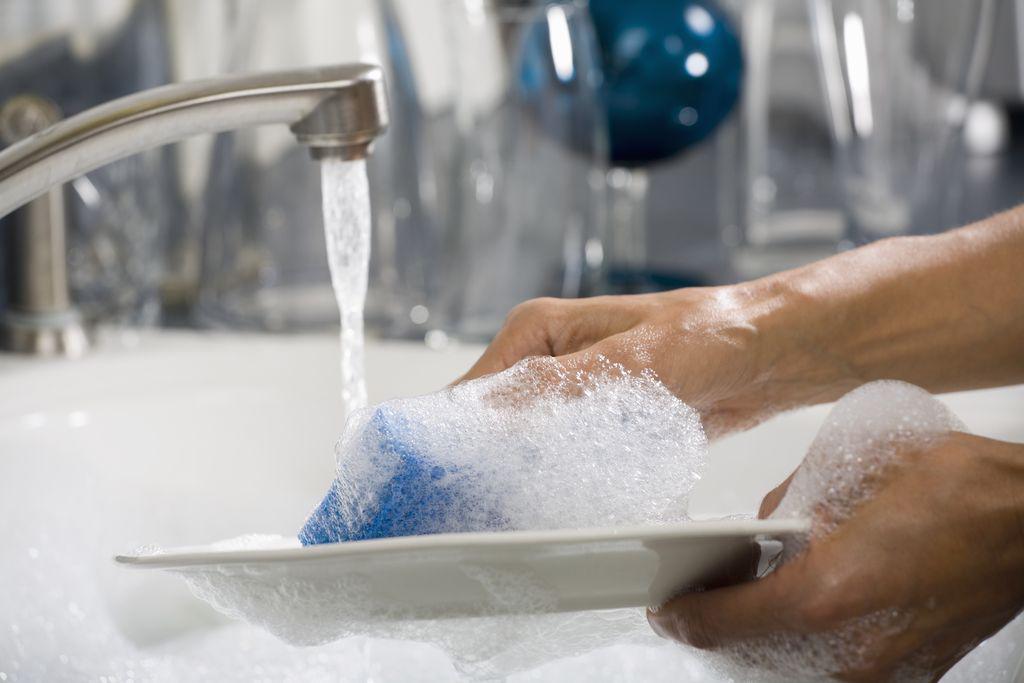
2. Not changing the dish sponge regularly
The dish sponge is a breeding ground for bacteria, including E. coli and Salmonella. Food debris gets trapped in the small pores of the sponge, providing a perfect environment for bacteria growth. Clean and boil your dish sponge after each use. It is recommended to replace the dish sponge at least once a month.
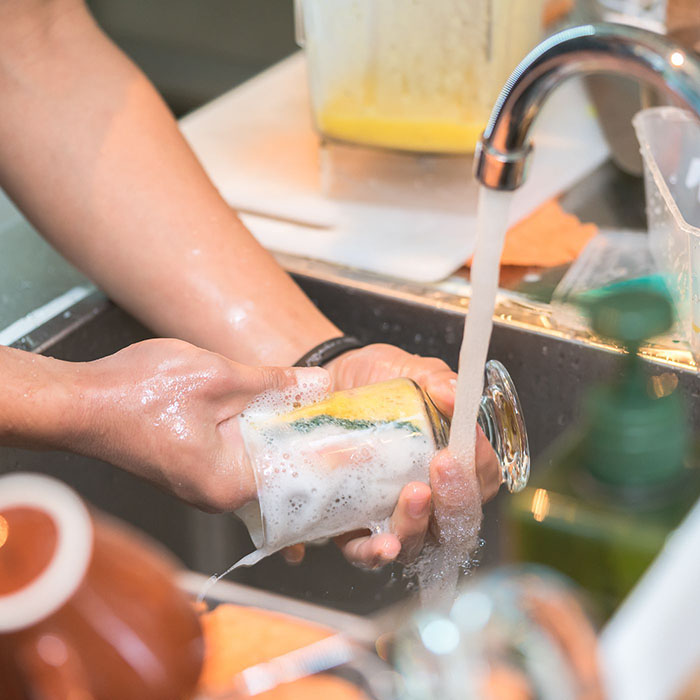
The small pores on the sponge are ideal places to store food debris, this is exactly the “beloved home” of bacteria.
3. Soaking dishes for too long before washing
Soaking dishes overnight or for extended periods can cause chemicals to penetrate deeper into the surfaces of pots, pans, and dishes. This is especially problematic for wooden chopsticks and dishes, as the chemicals can seep into the wood, making thorough cleaning difficult. It’s best to wash dishes immediately after use to prevent bacteria and mold growth.
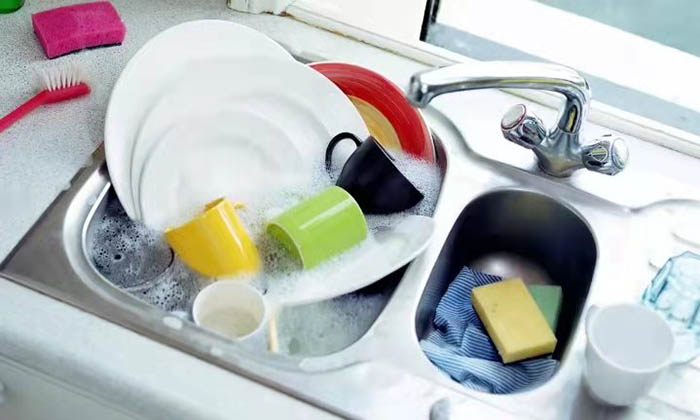
Soaking overnight can make the chemicals penetrate deeper into the surface of pots, pans, or dishes.
4. Pouring dishwashing water directly onto dishes
Pouring dishwashing water directly onto dirty dishes may not effectively remove grease and can cause detergent residue to stick to the dishes. If not thoroughly rinsed, the detergent residue can affect your digestive system and cause discomfort. It’s best to pour a little dishwashing water into about half of the water in the sink, dilute it evenly, and use a sponge to wash the dishes. After rinsing with clean water, use a dry cloth to wipe the dishes and allow them to air dry in a cool place.
5. Insufficient rinsing with water
Many people overlook the importance of rinsing dishes thoroughly. Even if you don’t see bubbles, chemicals from the dishwashing water can still cling to the surfaces. It’s recommended to rinse dishes at least three times with clean water, preferably using hot water to remove any remaining chemicals.
6. Not drying dishes before storing
After cleaning, avoid immediately storing dishes in a closed cabinet. The lack of airflow in an enclosed environment slows down the drying process, especially for wooden utensils, increasing the risk of mold formation. To prevent this, dry dishes, plates, and utensils in the sunlight before storing them for later use.
Sources: Family & Society

























